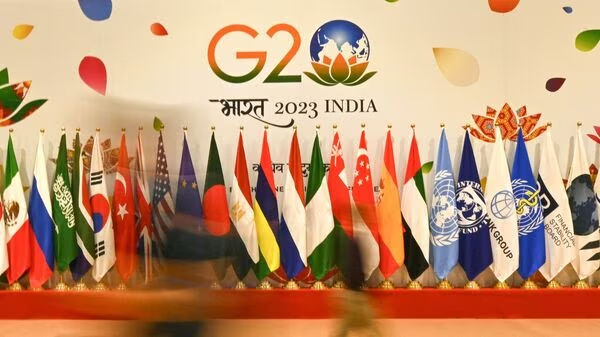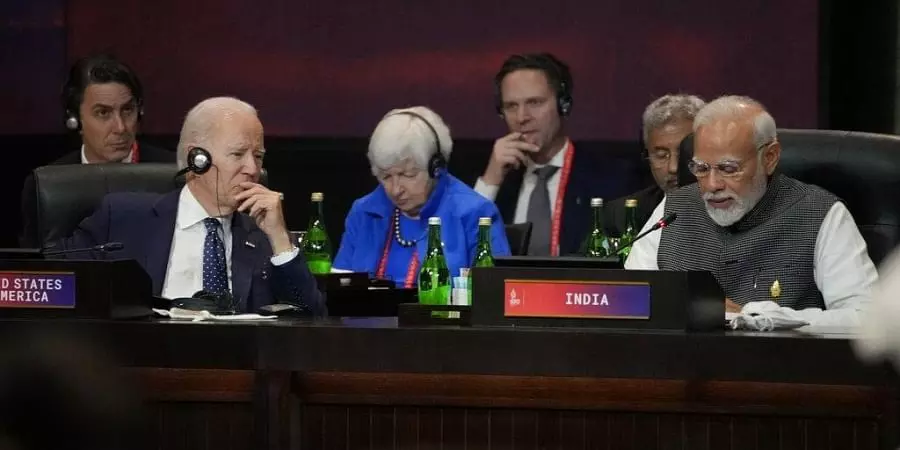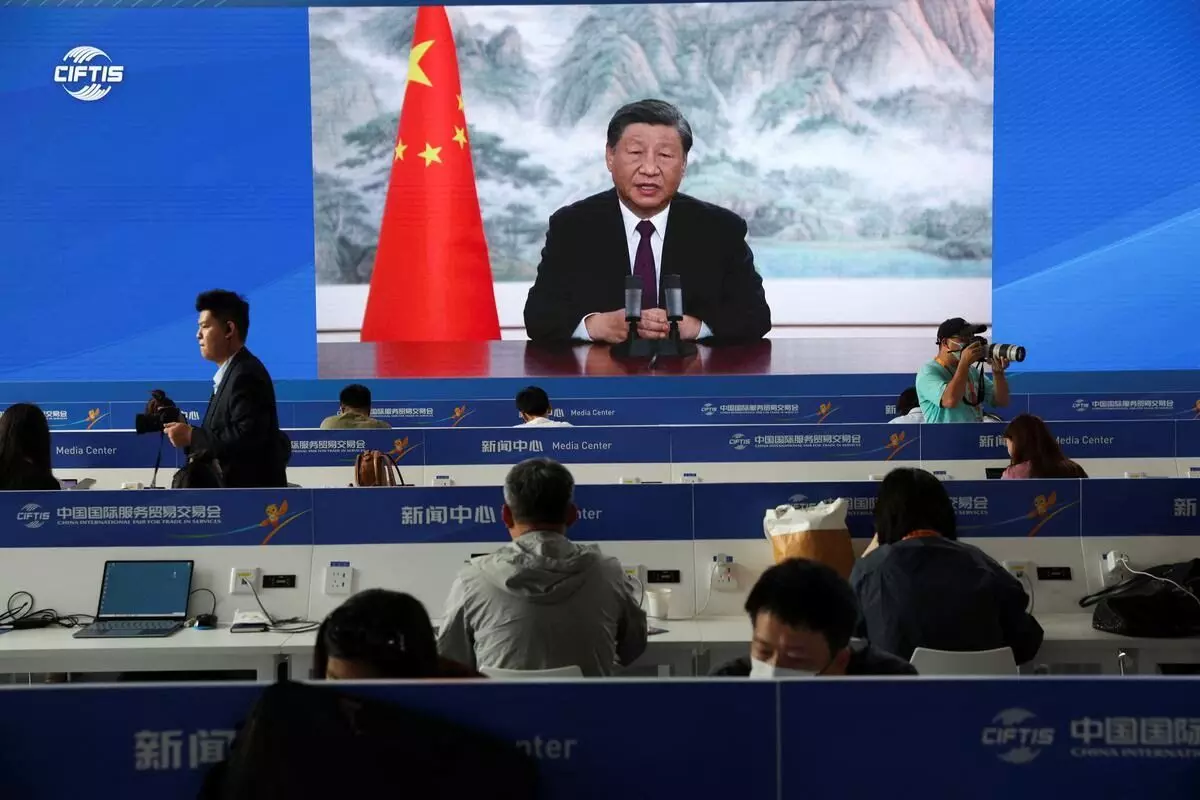
Success of the Delhi G-20 summit
text_fieldsThe New Delhi Summit of G-20 has concluded with positive decisions. India's signature was evident in three important resolutions: G-20 Declaration, Economic Corridor, Membership of the African Union. Even as the body it comprised 19 countries and the European Union, this comity of nations has accounted for two-thirds of the world's population, three-quarters of world trade and 85 percent of the world's GDP. With the entry of the African Union, its scope has further increased. India's role has been instrumental in converting the G-20 to G-21. The decision to create an economic corridor in the India-West Asia-Europe is a notable gain in the trade sector. This channel which provides 40 percent faster India-Europe trade is good news for both India and Europe. On top of all this came a joint declaration arrived at unanimously. Such a declaration, agreed upon with the participation of Indonesia which had held the chair previously, Brazil that is going to take over the chair together with South Africa and Japan, is considered as a spectacular diplomatic achievement of India. On the matter of Ukraine, even countries who had taken diametrically opposite positions were won over to a language of consensus. This carries a lesson that it is when areas of agreement however thin , are pursued that any crisis will give way to understanding and resolution.
What remains is going beyond words and the onerous task to accomplish in practice what have been agreed. Prime Minister Narendra Modi declared several decisions taken at the summit such as green development, digital economy, global bio-fuel accord and satellite mission . The meet was attended by delegates from several countries other than members G-20. Despite the absence of the presidents of Russia and China, the G-20 summit was a success surpassing all expectations. But a judgement about the ultimate success of the summit hinges on the question whether the spectrum of countries would adopt policies and decisions required for the accomplishment of this success. Only the next days will prove whether the readiness for flexible stance by America, European Union and the G-7 collective in the matter of Ukraine, is or is not limited to paper. In a similar vein, a fact that needs to be noted is that some of the cardinal concepts of the Delhi Declaration are not matched by the working reality of the Indian government. The G-20 declaration mentions 'inclusive' growth which is against subversive tendencies like extremism and communalism. Given that the country has a binding to do justice to the Delhi Declaration, there should be conscious and deliberate effort to prevent racial politics from hijacking the politics of 'inclusion'.
Needless to say, the principle of 'vasudhaiva kudumbakam' signifies more humanity than nationalism. The motto of G-20 summit of 'One earth, one family, one future' takes its origin from that. Let this wholesome philosophy of seeing everyone as one family dawn first at least in this country. And India should have been able to avoid excluding the Opposition at least at such a forum where the epithet of India as the 'mother of democracy' is heard. India talks about people-centric development, but that cannot be actualised under the grip of crony capitalism. The covering up of slums for the sake of G-20 and the denial of the livelihood of a large section of labourers by locking out the capital do not set good models. And the denial of opportunity for the media to interact with world leaders also created a bad impression. In a country with 19.5 crore of people living in poverty, unnecessary extravagance could have been avoided. On the score of human and civic rights too, India has to better its record. Thus, if there is a follow-up with significant corrections, India can proudly claim the G-20 declaration as its own. As seen in other fora like BRICS, there is one fact that India has been able to prove. More than the 'developing countries of the south' need the countries of the developed 'north', they need us. India is capable of leading the world to the path of peace and growth, provided it proves its claim to that task.




















